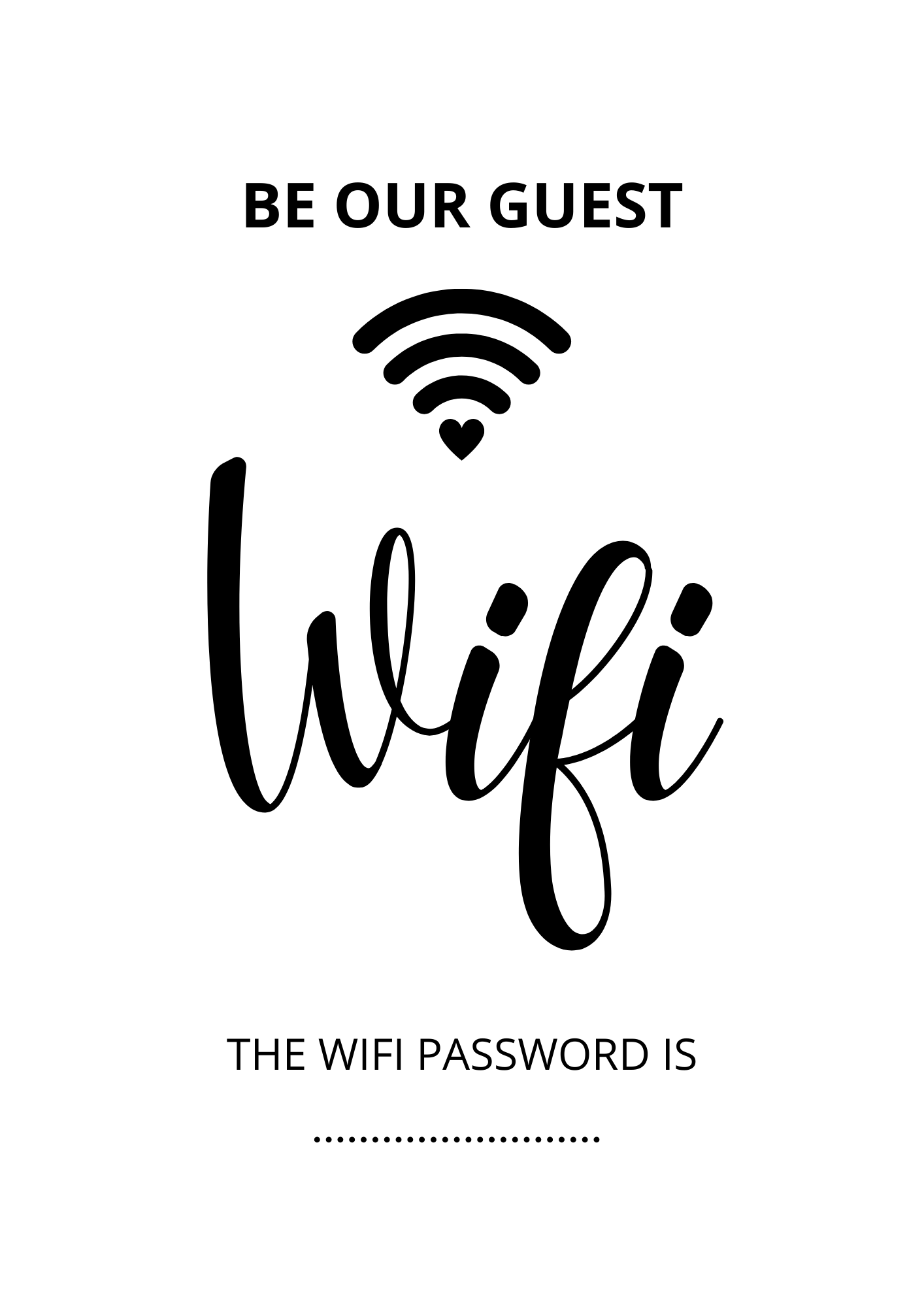In today’s world, it can be very easy for someone to hack into your computer if you are not on a secure network. This is why it is SO important to make sure you are taking all precautions when using public wifi.
Here are some other ways you can protect your information when you’re using public Wi-Fi:
- Don’t access your personal or financial information. Public Wi-Fi networks are not always secure.
- Send personal information only to websites you know are fully encrypted. In order to prevent hacks, your entire visit to each site should be encrypted (this means the URL should start with https) — from the time you log in to the site until you log out. If you think you’re logged in to an encrypted site but find yourself on an unencrypted page, log out right away.

- Do not stay permanently signed in to accounts. When you’ve finished using an account, log out.
- Don’t use the same password on different websites. It could give someone who gains access to one of your accounts access to many of your accounts.
- Pay attention to warnings. Many web browsers alert you before you visit a suspicious website or download malicious programs. Don’t ignore those warnings. Also keep your browser and security software up to date.
- Change your device’s settings so it doesn’t automatically connect to nearby Wi-Fi. That way, you have more control over when and how you use public Wi-Fi.
- Install browser add-ons or plug-ins that can help. For example, Force-TLS and HTTPS-Everywhere are free Firefox add-ons that force the browser to use encryption on popular websites that usually aren’t encrypted. But they still don’t protect you on all websites. Look for https in the URL to know a site is encrypted.
Does your company need help with cybersecurity? Do you know of a company that needs a hand? Reach out to us and book a Complimentary Business Systems Assessment.
Source:
https://consumer.ftc.gov/articles/how-safely-use-public-wi-fi-networks
